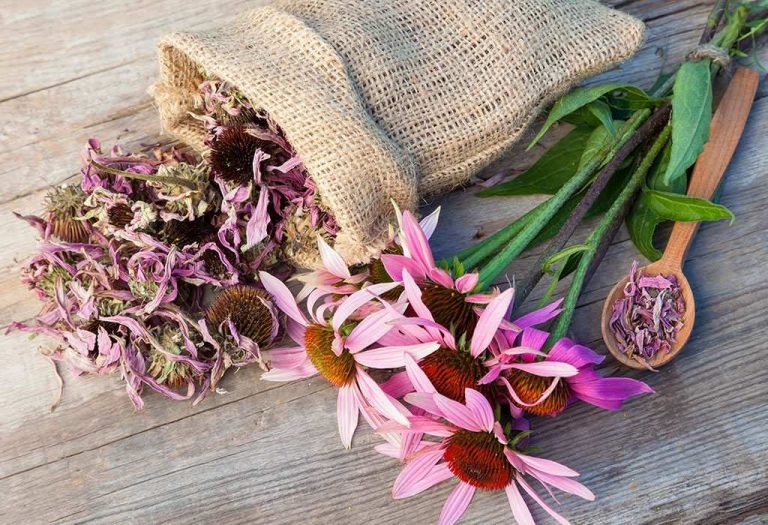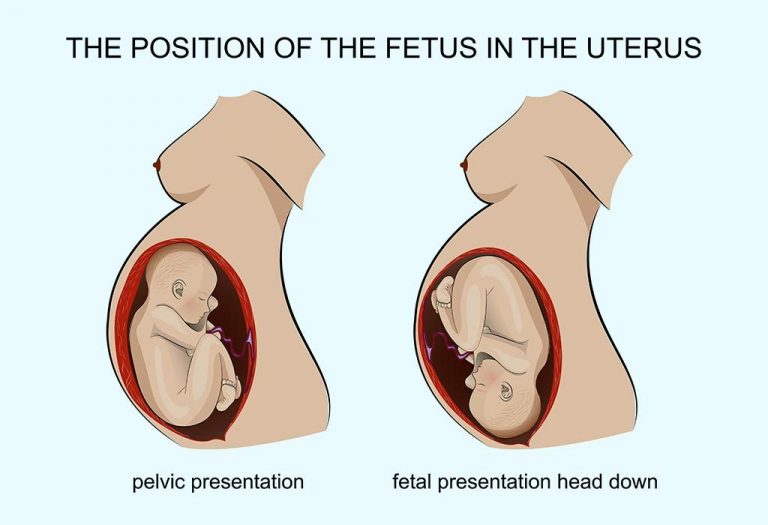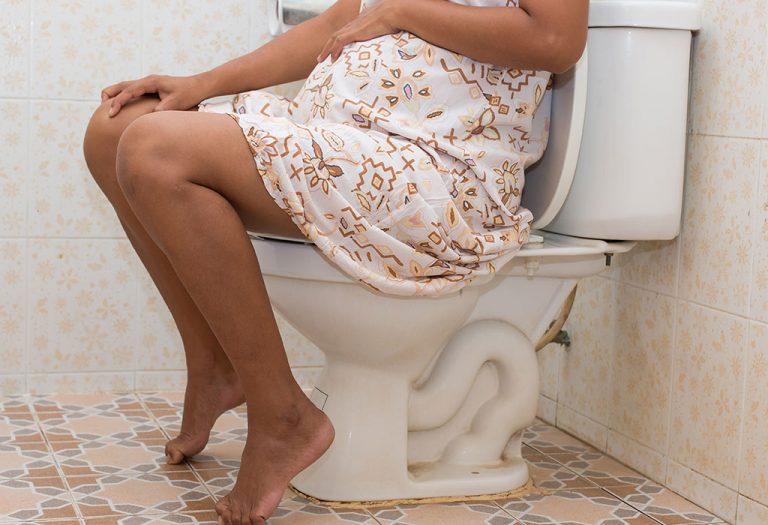Taking Echinacea While Pregnant: Benefits & Side Effects

When it comes to safeguarding the health and development of your unborn child, the choices you make about what you ingest are of utmost importance. This vigilance extends to natural remedies like Echinacea, prompting expectant mothers to carefully consider its safety during pregnancy. Understanding the potential impacts of Echinacea during pregnancy involves a thorough exploration of its benefits, risks, and expert recommendations. This article aims to provide a comprehensive overview, equipping you with detailed insights to navigate the decision-making process responsibly. Delve into the benefits and potential risks to make an informed choice for your prenatal health journey. Read on to learn more about echinacea in pregnancy.
What Is Echinacea?
Echinacea, scientifically known as Echinacea purpura is a herb that is widely popular for centuries for its medicinal properties. This wondrous herb is indigenous to Native America. The roots and other parts of this plant are effectively used to boost the immunity and battle various other infections. It is believed that Echinacea is also beneficial for the health of a pregnant woman.
Is Echinacea Safe During Pregnancy?
It’s advisable to avoid using echinacea during pregnancy due to insufficient research on its effects, which leaves potential risks for both you and your unborn baby unclear. While one study reported no increase in miscarriage or birth defects among echinacea users, the study’s sample size was small (only 363 women), preventing definitive conclusions on safety.
The NHS also warns against assuming the safety of natural remedies during pregnancy, emphasizing that not all natural products or complementary therapies are safe. Quality control issues may lead to harmful contaminants like lead in some products, underscoring the importance of caution and professional guidance when considering such supplements during pregnancy.
Benefits of Echinacea When Pregnant
Let us now learn about various benefits that a pregnant woman may derive from this miraculous herb:
1. Speeds Up Recovery
In case you are suffering from any infection or ailment during pregnancy, taking Echinacea may help in speeding up the recovery or reducing the recovery time of that ailment.
2. Helps in Curing Recurrent Infections
Pregnancy may take a toll on your immunity and thus may make you more prone to falling sick. Sometimes you may have recurrent bouts of some infection, and under such situations, Echinacea may prove to be beneficial. This is because this herb acts as an antioxidant and is effective in strengthening the immunity, which in turn makes your body help fight the infection.
3. Helps in Healing Sunburns
If you are suffering from any kind of sunburn during pregnancy, then you may apply this herb topically to cure your condition.
4. Effective in the Treatment of Haemorrhoids
In case you are suffering from haemorrhoids during pregnancy, then you may tropically use this herb to reduce the pain and heal the wounds.
5. Beneficial in the Treatment of Psoriasis and Eczema
In a study on population, it has also been shown to be effective in the treatment of psoriasis, eczema and inflammatory skin conditions. Psoriasis and eczema are very discomforting skin conditions. Both these conditions may improve if you apply Echinacea on the skin breakouts that may occur in these skin conditions.
6. Helps in Preventing Infections
This herb is beneficial in the formation of T-cells. It is also very effective in improving the ability of WBC (white blood cells) to keep various kinds of pathogenic infections at bay. The presence of echinacein, a medical compound present in this herb, is very effective in preventing various bacteria and viruses from penetrating the healthy cells of the body.
7. Effective Topical Disinfectant
Apart from healing various infections and other medical ailments, it is also very fruitful in curing minor cuts, bruises, and wounds, and thus can be used as an effective topical disinfectant.
8. Helpful in Treating Many Other Ailments
This wondrous herb is beneficial in treating various ailments such as Bronchitis, hay fever, urinary tract infection, vaginal yeast infection and many others.
Echinacea is a very useful herb and thus may prove to be beneficial in treating many medical ailments. Do consult your obstetrician before taking this herb for curing any ailment.
Side Effects of Echinacea in Pregnant
If you are thinking, can you take Echinacea when pregnant? The answer is yes; Echinacea is a very safe herb. However, sometimes, it may lead to certain complications during pregnancy, and some of these side effects may include the following:
- In case you suffer from asthma or any kind of plant allergy, then it may not be a good idea to consume this herb as it may trigger an allergic reaction.
- It may also lead to allergies in some women; if that may be the case, you should stop the consumption at once and seek medical assistance.
- It may trigger autoimmune disorders such as multiple sclerosis, collagen, etc.
What Should I Do if I Accidentally Eat Echinacea While Pregnant?
If you accidentally eat echinacea while pregnant, don’t panic. It’s important to let your healthcare provider know what happened. They can give you advice based on your health and medical history. Keep an eye out for any unusual symptoms, although serious problems from accidental consumption are rare. Being open with your healthcare provider ensures you get the right guidance and reassurance for your situation.
How to Make Echinacea Tea During Pregnancy?
One way of taking this herb is by taking it in the form of tea. However, it may make you wonder if Echinacea tea is safe during pregnancy? Well, it is safe for consumption during pregnancy, but you must seek your doctor’s permission before taking this tea. Here is how you can make this herbal tea:
- Boil a glass of water.
- Infuse fresh or dried Echinacea in the boiling water.
- Simmer and boil it for 10 to 12 minutes.
- Strain and it is ready to serve.
- Add honey to make the tea more palatable.
FAQs
1. Can echinacea cause allergic reactions that affect the baby during pregnancy?
Allergic responses to echinacea are uncommon but possible. It’s important to be aware of the potential for allergies or sensitivities to echinacea. If you have a known allergy to plants like ragweed or marigolds, which belong to the Asteraceae family, you may have a higher risk of experiencing an allergic reaction to echinacea.
2. How much echinacea tea is considered too much during pregnancy?
To ensure the safety of echinacea tea during pregnancy, it’s important to adhere to the dosage instructions provided on the product label. This helps ensure the tea’s effectiveness and potency. According to findings published in The Canadian Journal of Clinical Pharmacology, oral consumption of echinacea at recommended doses has been deemed safe for use during pregnancy and breastfeeding.
3. Does echinacea interact with prenatal vitamins or other medications?
Echinacea may interact with certain medications or supplements. Always inform your healthcare provider about all substances you are taking to prevent potential interactions.
4. What are some other herbal teas safe to consume during pregnancy?
Apart from echinacea tea, there are several other herbal teas recommended to support expectant mothers. Peppermint tea is known for alleviating nausea and treating UTIs and respiratory infections. Red raspberry leaf tea is celebrated for its ability to strengthen uterine health and potentially reduce contractions. It’s also caffeine-free and gluten-free, making it a versatile choice. Chamomile tea is praised for its soothing effects on gastrointestinal discomfort, joint pain, and insomnia.
Echinacea has many health benefits for a pregnant woman. However, we suggest that you take your doctor’s permission before taking this herbal supplement to avoid any complications.
References/Resources:
1. Heitmann. K, Havnen. G, Holst. L, Nordeng. H; Pregnancy outcomes after prenatal exposure to echinacea: the Norwegian Mother and Child Cohort Study (European Journal of Clinical Pharmacology); National Library of Medicine; https://pubmed.ncbi.nlm.nih.gov/26895223/; May 2016
2. Perri. D, Dugoua. J, Mills. E, Koren. G; Safety and efficacy of echinacea (Echinacea angustafolia, e. purpurea and e. pallida) during pregnancy and lactation (The Journal of Clinical Pharmacology); National Library of Medicine; https://pubmed.ncbi.nlm.nih.gov/17085774/
3. Classification for Kingdom Plantae Down to Genus Echinacea Moench; United States Department of Agriculture; https://plants.usda.gov/home/classification/34458
4. Parsons. J, Cameron. S, Harris. C, Smith. M; Echinacea biotechnology: advances, commercialization and future considerations (Pharmaceutical Biology); National Library of Medicine; https://www.ncbi.nlm.nih.gov/pmc/articles/PMC6179083/; October 2018
5. Melchart.D, Linde. K, Worku. F, Bauer. R, Wagner. H; Immunomodulation with echinacea – a systematic review of controlled clinical trials (Phytomedicine); National Library of Medicine; https://pubmed.ncbi.nlm.nih.gov/23195946/; December 1994
6. David. S, Cunningham. R; Echinacea for the prevention and treatment of upper respiratory tract infections: A systematic review and meta-analysis (Complementary Therapies in Medicine); National Library of Medicine; https://pubmed.ncbi.nlm.nih.gov/31126553/; June 2019
Also Read:
Eating Tulsi (Holy Basil) in Pregnancy
Consuming Herbal Teas during Pregnancy
Herbs in Pregnancy – What’s Safe and What’s Not?
Shatavari (Asparagus Racemosus) when Pregnant
Consuming Fennel Seeds (Saunf) while Pregnant
Was This Article Helpful?
Parenting is a huge responsibility, for you as a caregiver, but also for us as a parenting content platform. We understand that and take our responsibility of creating credible content seriously. FirstCry Parenting articles are written and published only after extensive research using factually sound references to deliver quality content that is accurate, validated by experts, and completely reliable. To understand how we go about creating content that is credible, read our editorial policy here.




































